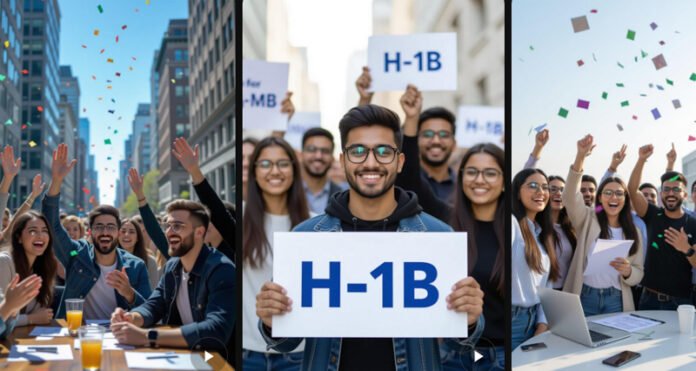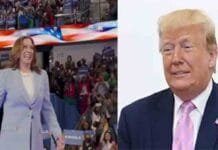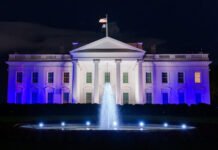The US government has clarified its stance on H-1B visa fees, announcing exemptions that significantly reduce financial burdens for Indian students and professionals. The announcement comes amid heightened scrutiny over visa rules and is seen as a step toward easing the entry process for highly skilled foreign workers.
Fee exemptions and their impact
The H-1B visa fee exemptions, clarified by the Department of Homeland Security, cover specific categories of applicants, including F-1 students on OPT, L-1 intracompany transferees, and select company-sponsored visa holders. By waiving or reducing certain fees, the US aims to encourage skilled professionals to contribute to the country’s technology sector.
“This clarification is a huge relief for Indian IT professionals and students,” said Rohit Sharma, a software engineer awaiting visa approval. “The fees were a significant financial burden, and this move ensures smoother entry for skilled talent.”
Background and recent developments
Over the past year, US visa policies have undergone frequent changes, leading to confusion among applicants and companies sponsoring foreign workers. Initially, a $100,000 fee was proposed for some visa categories, creating anxiety within the Indian tech community. The recent clarification explicitly removes or reduces these charges for eligible applicants.
Experts note that this step is crucial for US companies relying heavily on Indian tech talent, especially in sectors like IT, AI, and cloud computing.
Response from industry and students
Tech giants such as Infosys, TCS, and Wipro have welcomed the announcement, stating that it will help maintain the flow of skilled employees necessary for project continuity. Similarly, students pursuing STEM courses in the US have expressed relief, as the reduced fees make it more feasible to continue their education and transition into employment under H-1B status.
“This is not just about money; it’s about opportunity,” explained Dr. Priya Nair, an immigration policy analyst. “Removing excessive fees signals the US is open to international talent.”
Policy rationale
The fee exemption aligns with broader US immigration strategies aimed at attracting and retaining top global talent. By reducing financial barriers, the US strengthens its technology sector and economic competitiveness, while Indian professionals gain access to opportunities for career growth and innovation.
Challenges remain
While the fee exemptions are a positive development, applicants must still navigate complex application processes, including documentation, company sponsorship, and quota limitations. Analysts caution that the relief does not automatically guarantee approval, but it significantly reduces administrative and financial hurdles.
“This clarification removes one obstacle, but applicants must still prepare meticulously,” notes Anil Kumar, immigration consultant. “Proper documentation and timing remain critical.”
Looking ahead
The US government’s clarification is expected to boost visa applications from Indian tech professionals, especially as demand for skilled labor in AI, cloud computing, and data analytics continues to rise. Industry experts predict a surge in H-1B filings, reflecting both economic needs and professional aspirations.
Conclusion
The H-1B visa fee exemptions provide much-needed relief to Indian techies and students seeking opportunities in the United States. By reducing costs and clarifying eligibility, the US not only strengthens its position as a global tech hub but also reassures the Indian workforce about its commitment to facilitating skilled migration.















